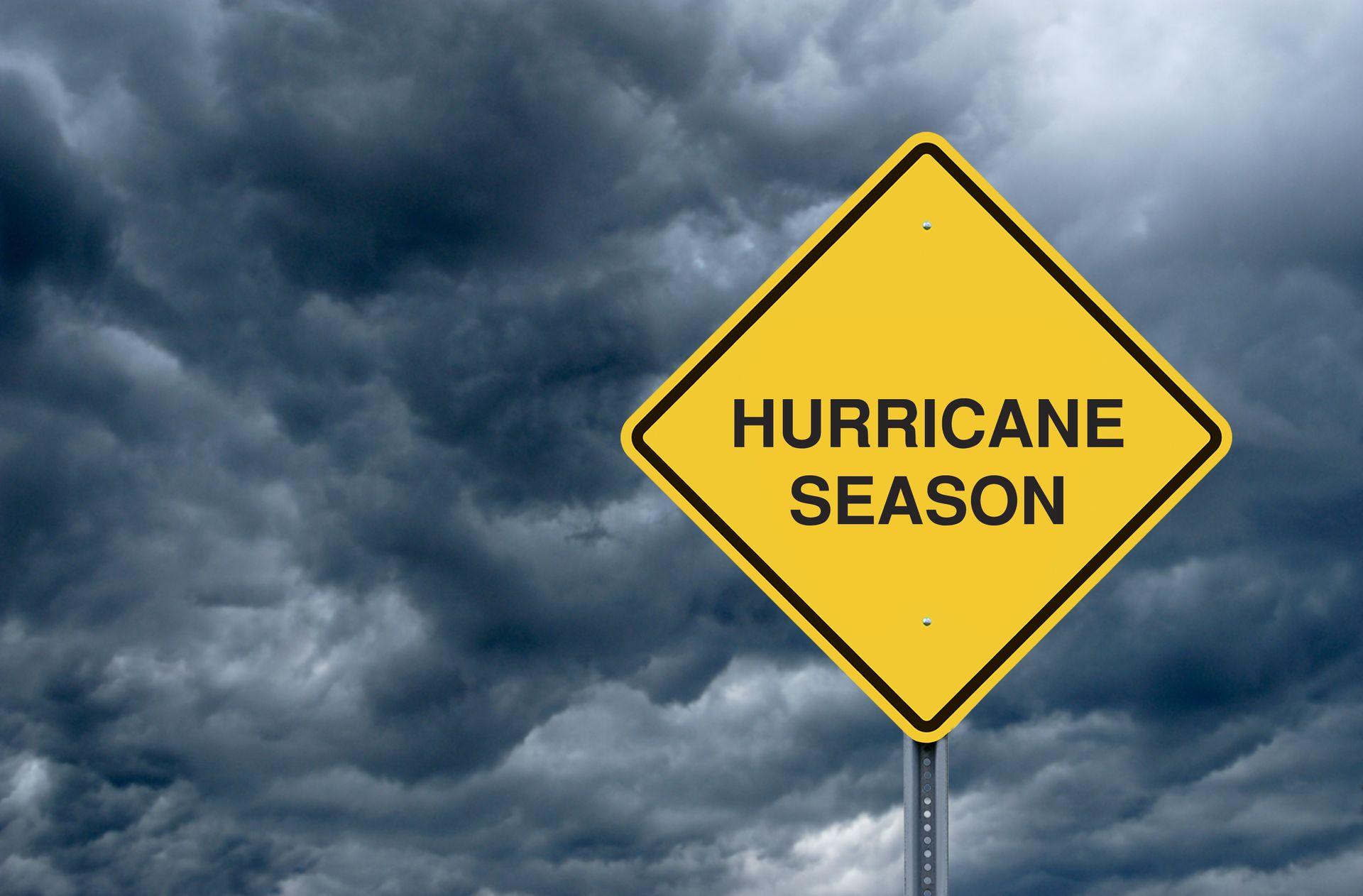By Erin Bendig
Atlantic hurricane season starts in June and ends in November. Therefore, if you have a vacation planned within the next several weeks, it is wise to consider how your trip could be impacted by severe weather. Most hurricane activity occurs between mid-August and mid-October, typically peaking in September, which could materially affect your upcoming plans.
So far this year, five storms have formed in the Atlantic basin, three of which were hurricanes. Moreover, many more storms are anticipated as the hurricane season progresses. NOAA estimates there will be 17-25 named storms (the average is 14), 8-13 hurricanes (the average is 7), and 4-7 major hurricanes (the average is 3) in total this year.
Proper preparation for a vacation during hurricane season can help you avoid risky situations and limit any potential financial losses. Here’s what you need to know about safeguarding your trip during the hurricane season.
Protect Your Hurricane Season Trip During 2024
The 2024 hurricane season is expected to be more intense than preceding seasons. NOAA predicts an 85% chance of an above-normal season this year, owing to near-record warm ocean temperatures, the emergence of La Niña conditions in the Pacific, reduced Atlantic trade winds, and decreased wind shear.
We’ve already seen evidence of this with Hurricane Beryl, whose early development and rapid intensification caused it to become the earliest Category 5 hurricane recorded in the Atlantic basin. Hurricane Idalia followed, bringing billions of dollars in damages and severe storm surges affecting Florida and up to the Carolinas.
Although we have experienced some calmness in the Atlantic recently, it’s vital to remember that lulls in hurricane activity can often be followed by spikes of significant storms. For this reason, if you plan on traveling somewhere hurricane-prone between now and November, be prepared. For instance, Hurricane Ian devastated Florida in late September 2022.
The following guidelines can provide strategies for protecting your trip during hurricane season:
1. Choose a Safer Location
Traveling during hurricane season doesn’t mean you must entirely sacrifice your vacation. Instead, you might need to consider destinations that are less likely to be impacted by hurricanes. According to Sperling’s BestPlaces, regions in the U.S. most prone to major hurricanes include:
- Southeast Florida (Miami-Fort Lauderdale-West Palm Beach)
- Key West and the Florida Keys
- Southwest Florida (Fort Myers-Naples)
- West Florida (Tampa-St. Petersburg-Sarasota-Clearwater)
- Outer Banks Islands, NC (Cape Hatteras)
- Central Texas Gulf Coast (Galveston)
- Central Florida Atlantic Coast (Melbourne-Cocoa Beach)
- Florida Panhandle (Pensacola-Panama City)
- Central Gulf Coast (New Orleans, LA-Biloxi, MS-Mobile, AL)
- South Texas Gulf Coast (Corpus Christi-Brownsville)
Consider safer international destinations during the peak hurricane season, such as the ABC Islands (Aruba, Bonaire, and Curaçao), Panama, Grenada, or Trinidad and Tobago.
2. Understand Cancellation Policies
Prior to embarking on your journey, it is prudent to review the cancellation policies of airlines, hotels, and rental car companies. Understand that not all companies offer the same level of flexibility. The U.S. Department of Transportation ensures rights for passengers in case of cancellations or delays, entitling you to refunds for significant changes to flights, even if your ticket was purchased as non-refundable.
Airlines must provide automatic cash refunds when owed, and it’s important to research the cancellation policies to avoid any unpleasant surprises. Moreover, hotel and car rental providers usually have their own specific policies, generally detailing refund amounts based on how far in advance you cancel.
3. Buy Travel Insurance
Purchasing travel insurance is a vital step to ensure that your trip is safeguarded. Insurance typically ranges from 4% to 10% of your trip’s total cost. Different tiers of travel insurance coverage are available:
- Basic Coverage: Typically includes trip cancellation and lost baggage.
- Middle-Tier Coverage: Adds health insurance benefits.
- Comprehensive Coverage: Offers expansive protection including medical expenses, cancellations, evacuations, and more, often with 24/7 assistance.
4. Stay Informed and Have a Plan
After protecting your trip financially, it is essential to establish a plan if unexpected storms arise. Start monitoring the weather regularly leading up to your departure. Utilizing the FEMA app can provide you with real-time weather updates, and registration with travel advisory programs can further assist in keeping you informed about your destination’s situation.
Your travel plans should also include knowledge of local evacuation procedures and the packing of emergency supplies. It is advisable to have essentials packed in a carry-on to mitigate issues stemming from lost or delayed baggage.
Bottom Line
Although traveling during hurricane season presents certain risks, implementing protective measures can significantly enhance your peace of mind and financial security. Consider evaluating locations with minimal hurricane risk, and prioritize purchasing adequate travel insurance to safeguard against possible disruptions.




